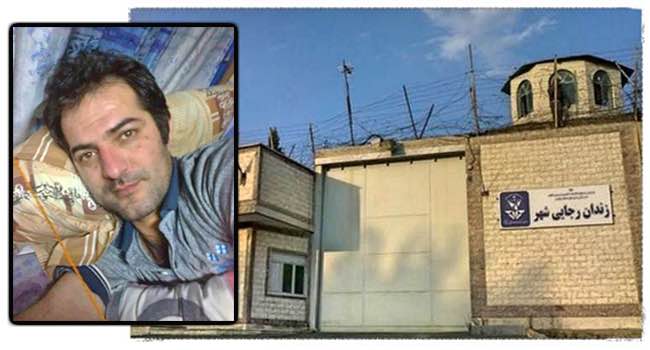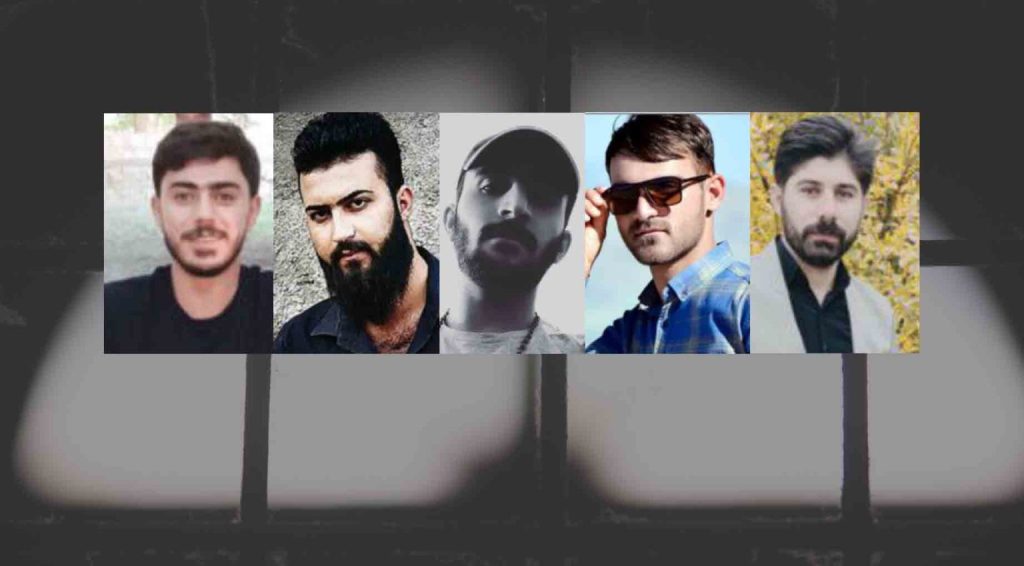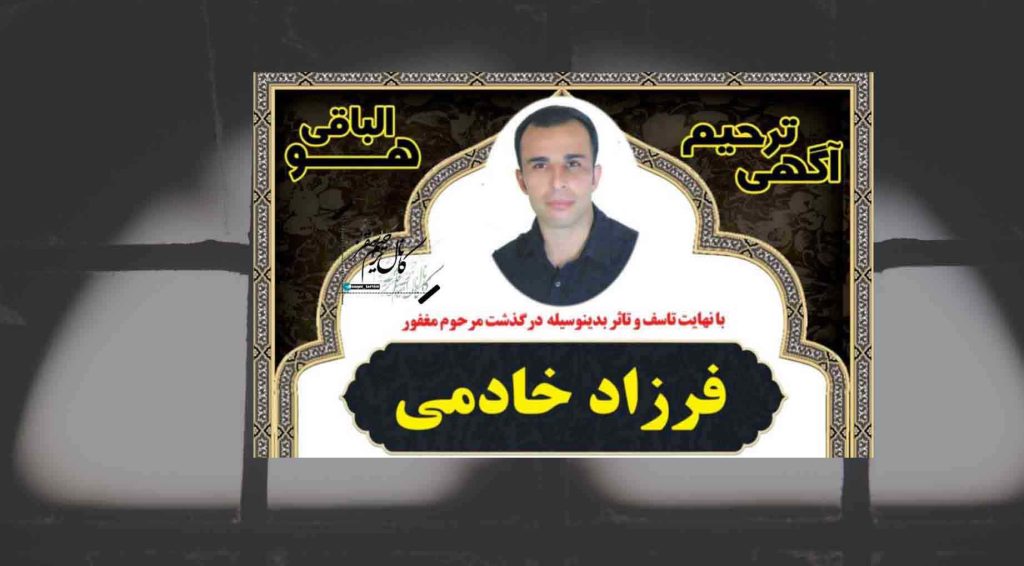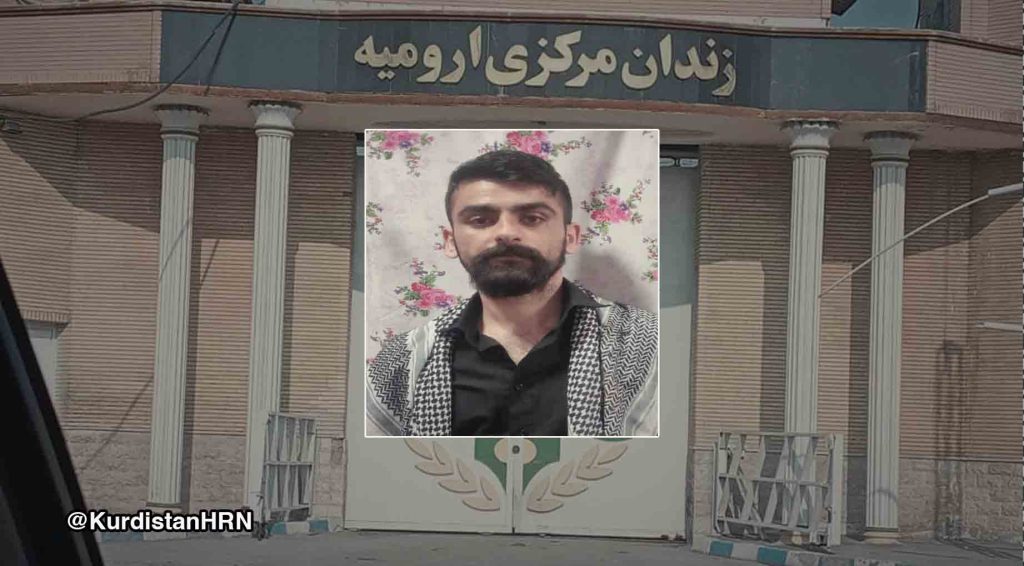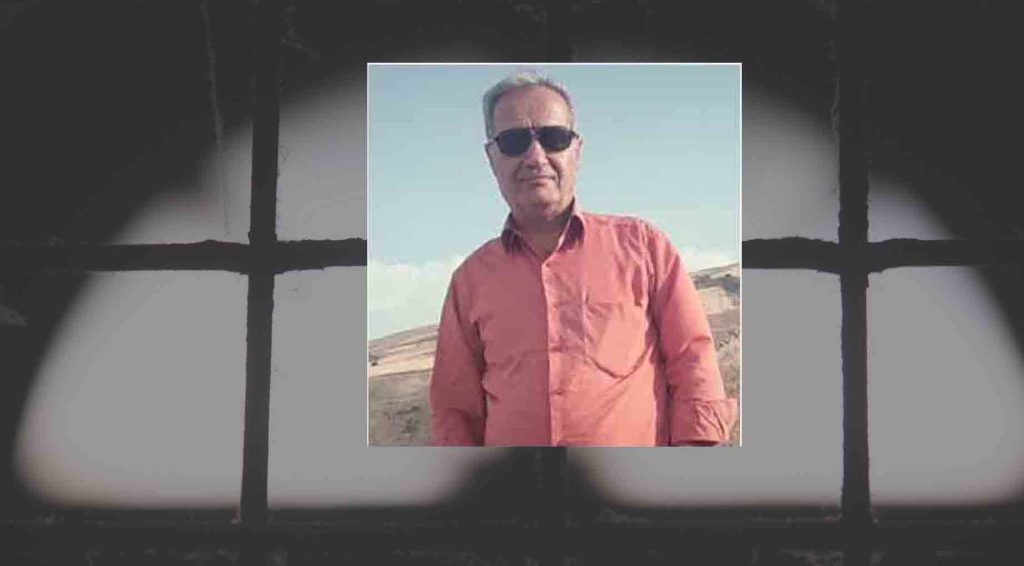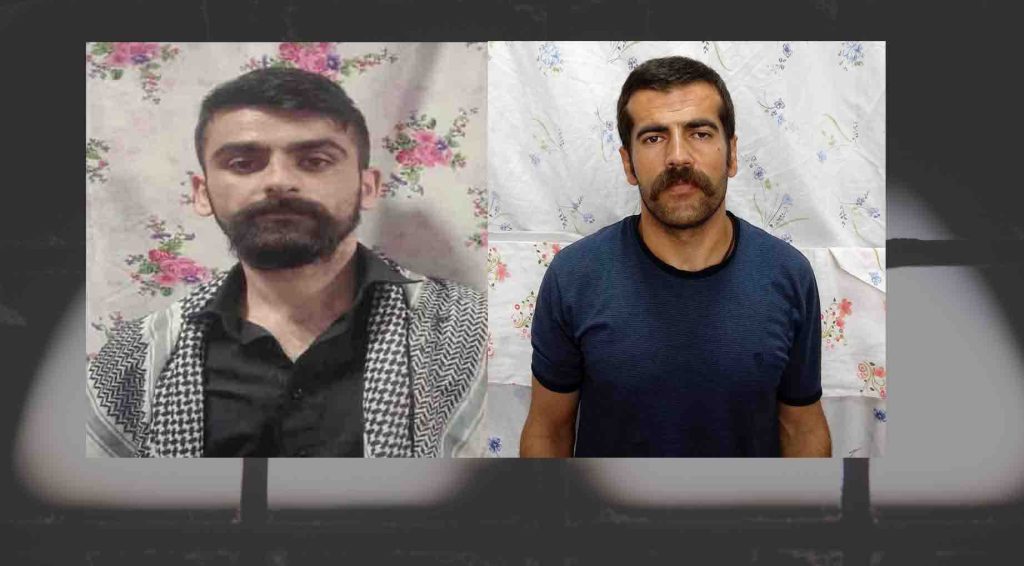An informed source told Human Rights Network Kurdistan that Kurdish Sunni prisoner, Ghasem Abasteh has been on a hunger strike for 11 days in protest to the lack of medical care in Rajai Shahr Prison.
According to the source in a past few month, Abasteh has been suffering from a tumour around his tonsils that caused him difficulty in breathing. Due to the lack of medical facilities in prison, doctors said treatment in prison is not possible. According to the doctors, the growth of the tumour is dangerous and the prisoners must transfer to a hospital outside the prison, for testing and sampling by specialists as soon as possible.
The source added during this period, despite the advice of doctors, the prisoner wasn’t taken to a hospital outside the prison, as the judicial authorities had neglected his medical treatment. For this reason, the prisoner is on hunger strike to protest against the behaviour of the judicial authorities in this matter. Earlier in 2014, he was suffering from kidney and bladder diseases, but the authorities have deprived him from medical treatment and returned him to the prison without receiving any treatment.
Ghasem Abasteh, from Mahabad, is married and has two children. He, along with six other people from Saghez and Mahabad, named David Abdollahi, Kamran Sheikhe, Farhad Salimi, Khorso Besharat, Anvae Khezri and Ayoub Karimi were arrested and transferred to the centre detention of the intelligence agency in Orumiyeh on Dec 7, 2009.
These religious prisoners were being investigated for about eight months, in this detention centre on charges of Moharebeh (commonly translated as “enmity against God”) And later transferred to Tehran’s Evin prison and have spent six months in solitary confinement in Wards 240 and 209. After this time, they were transferred to ward 350 for 20 days, then were transferred to Rajai Shahr prison on Apr 13, 2012. The prisoners during detention were accused of killing a soldier first, and later have been charged for involvement in the bombing. During the time of arrest and trial, which began after 4 years of uncertainty, the prisoners have denied all charges.
In mid-March 2015, the trial of the seven imprisoned, held on charges of “acting against national security”, “spreading propaganda against the regime,”, “membership in illegal Salafi groups” and “corruption on earth”(Mofsed fel-Arz) in Branch 28 of Tehran’s Revolutionary Court, presided by Judge Moghiseh and the charge of the death sentence was announced officially on 5 June 2016. The lawyer objected to the verdict and the case referred to the Supreme Court and the death sentence was overturned late last year.

